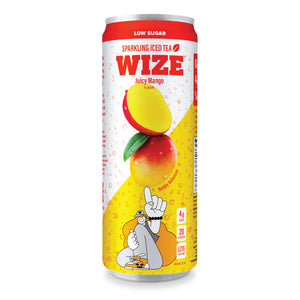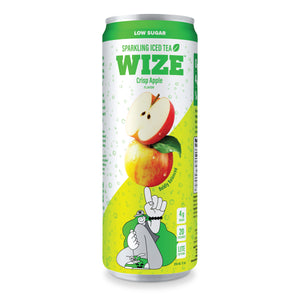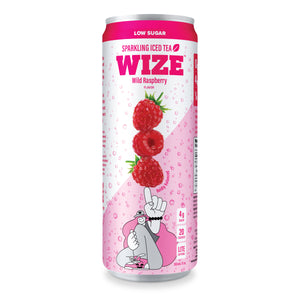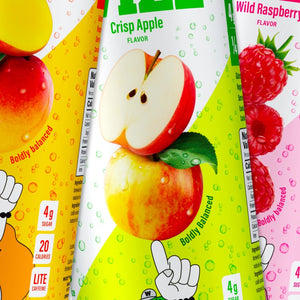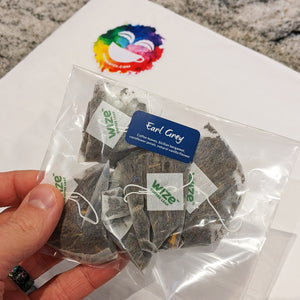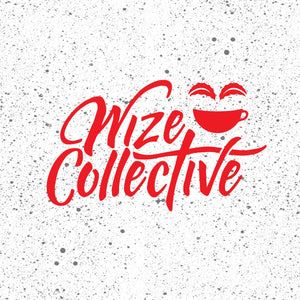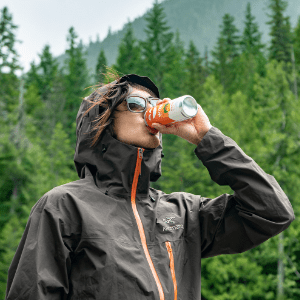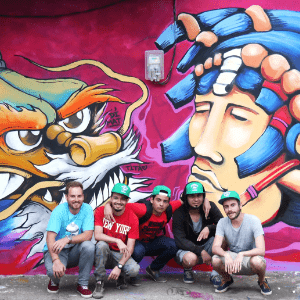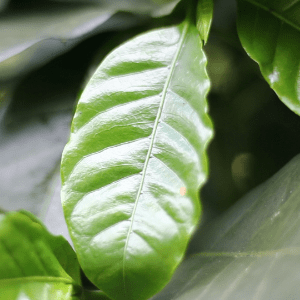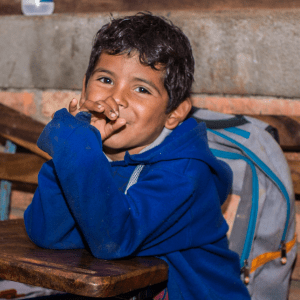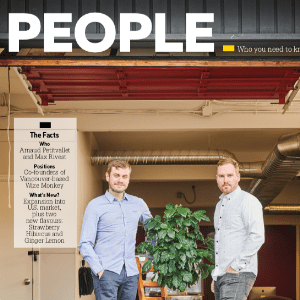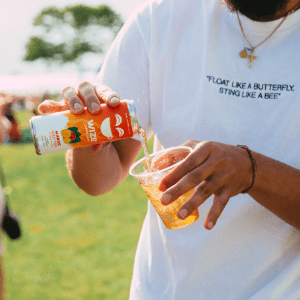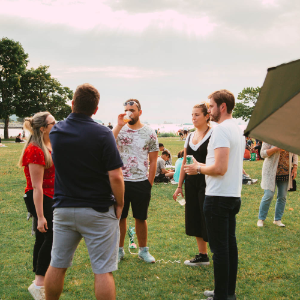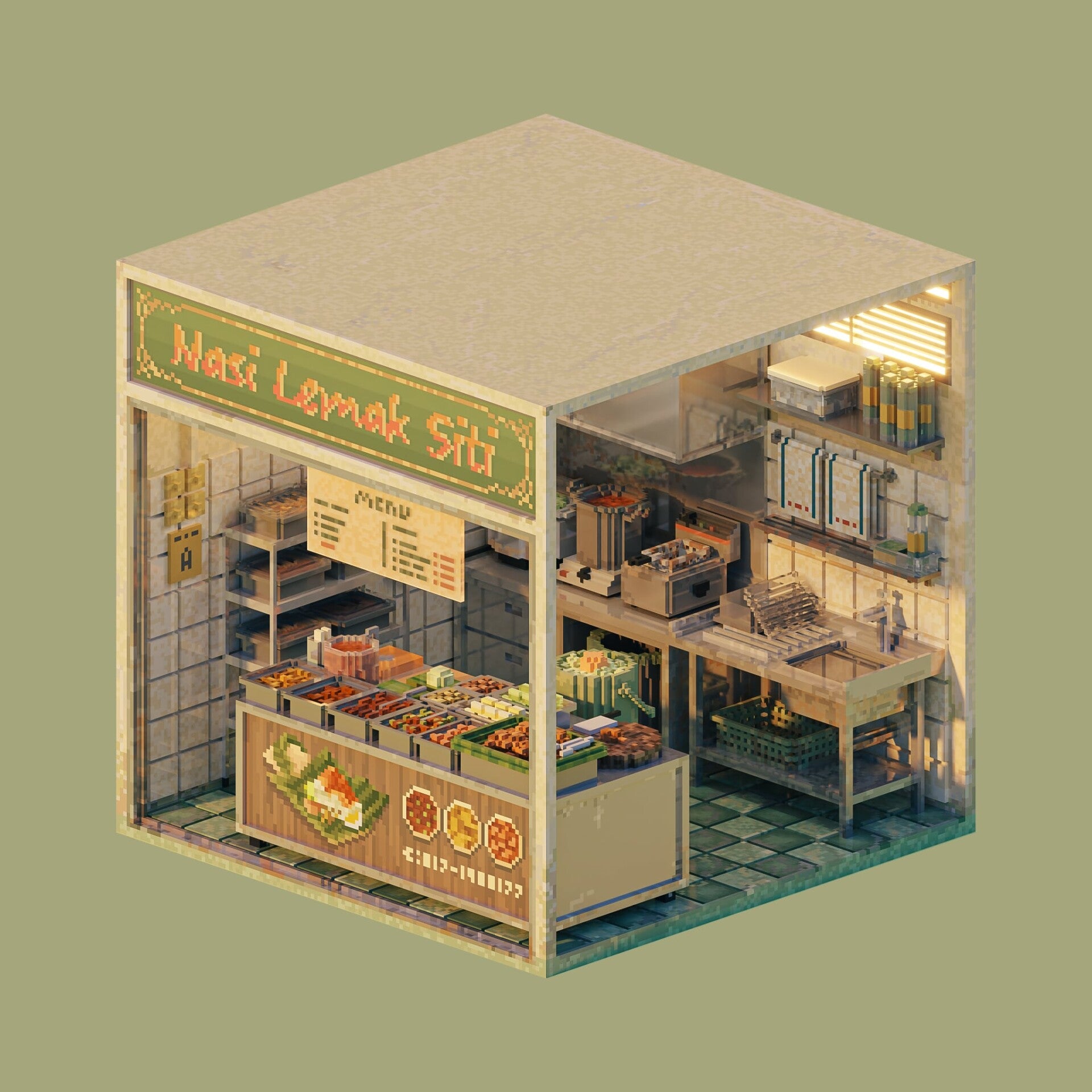Welcome to the 119th volume of WizeWorld: a collection of stories and sounds to round out your month, pique your curiosity, and widen your wizdom.
This month is all about brain power—whether it’s questioning the power of AI over the human mind, recreating the warm and fuzzy memories of childhood, or marveling at the way our brain can repair itself after a major incident. The mind is a big, beautiful, mysterious thing. Here’s to keeping it alert, engaged and always learning.
We’ll be looking at:
- The ethics of using ChatGPT as a therapist
- An interview with snowboarder Kody Williams
- Shin Oh’s voxel renderings of childhood memories
- NTS Radio’s The Early Bird Show
- How to train your brian to learn from your mistakes
Learn

Mashable brings us the story of a young mortgage broker who turned to Open AI’s ChatGPT to find out if he was depressed and found it genuinely empathetic and helpful. But can ChatGPT eventually replace mental health professionals and offer us diagnoses? Unsurprisingly, many experts say no. While ChatGPT might be helpful for telling users about the signs of depression, or the difference between various forms of therapy, it’s not designed or equipped to diagnose people on its own. For now, at least.
Connect

This week’s interview is a throwback with snowboarder Kody Williams. Nearly seven years ago, Kody suffered a head injury that put him into a coma. He spent the next six months relearning how to walk, talk and even eat. Today, he’s back on the slopes doing what he loves after a successful recovery. But he doesn’t take his experience lightly—Kody is a huge advocate for helmet wearing and launched his safe snowboarding initiative Dome Peace Headwear.
See

Pixel/voxel artist Shin Oh has created a tiny digital world of the hawker stalls, dim sum stands, bakeries and more that the artist recalls from her childhood memories of Malaysia. The works are made from voxels—pixels that are used to create the graphics in popular games like Roblox and Minecraft. Each rendering is set on a warm-colored background because, as Oh says, the memories have a warm and fuzzy quality to them and remind her of the stuffy heat of hawker halls themselves.
Listen

Rise and shine with this mix from Maria Somerville and Róisín Berkeley recording live from the west coast of Ireland. Maria and Róisín offer an interesting and eclectic blend of synth, choral, pop and their own musings on the music itself. Make yourself a hot and mellow cup of Wize tea and start the day right.
Get inspired

We all know not to touch a hot stove after being burned, but many of us will procrastinate at school or at work, even after we get (metaphorically) burned. That’s because, according to the author of a new book, the brain is hardwired to repeat behavior-based mistakes, but to learn from threat-based ones. The good news? You can train yourself to break these patterns through a series of actions. But, the author suggests, the biggest one is simply by acknowledging that the mistake happened in the first place rather than resorting to self-soothing techniques that erase the pain of the mistake to begin with.
Sign up for our newsletter to get these hand-picked gems in your inbox every month.

